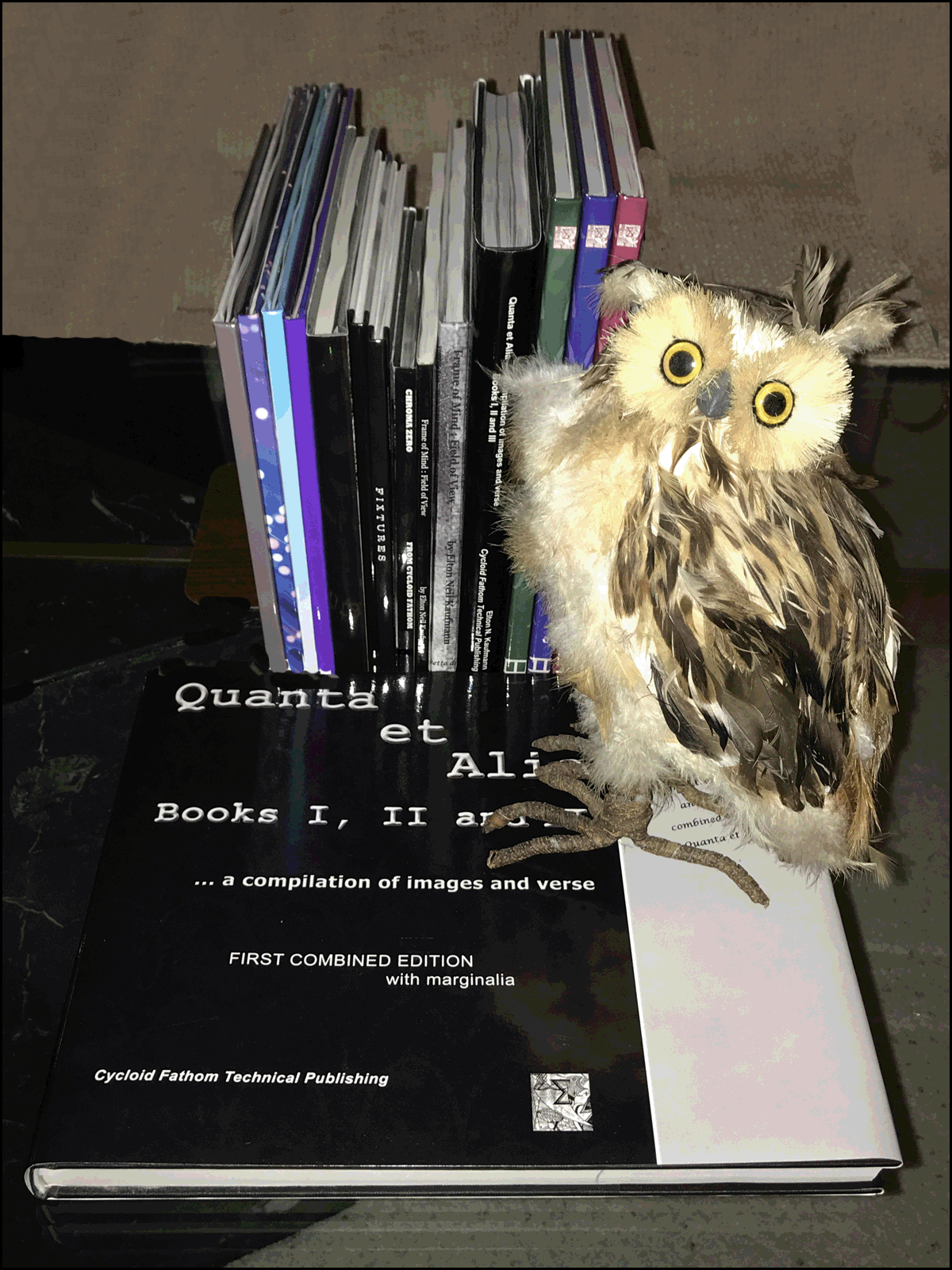FIRST: As this post is scheduled to appear on 30 December, I would like to say Happy New Year to Rumination’s subscribers. May 2025 be a happy, healthy, and rewarding year for all.
Now, carrying on…
I would like to say that the dust has settled. It has not. I would like to say that my fondest hopes, admittedly unrealistic, were not dashed. But they were. I would like to say that there is a silver lining to the dark cloud that casts its shadow over the prospects of my nation. There is not. There are many more things I would like to say, but to what end? It is what it is. Que sera, sera.
The Grinch returns.[1] How to view the handwringing, the recriminations, the fatalism, the call to arms? I would like to say “Wait, bide your time, exercise some patience, and rise above the muck, the garbage, the backbiting. They are understandable symptoms of bitter disappointment and fears for the future.” But that, I also cannot say. Calming the beast now, putting it in hibernation, may make its reawakening when needed all the more difficult.
I cannot say that 5 November 2024 is another day that will live in infamy.[2] That would be an extreme characterization because the one on 7 December 1941 engendered immediate very visible incontrovertible damage followed by the war in the Pacific. Election day in 2024 was quiet, stealthy, misdirected, and plausibly deniable, and will likely lead to a quite ”non-pacific” war of words, massive disruptions in governance, and lawsuits ratcheting up and down the levels of the state and federal justice systems. Casualties will be careers, personal wealth, education, healthcare, family cohesion, and the like. Despite the immediate notoriety of bizarre actions, the ground-level effects on real people will only be slowly recognized. They will go unrecognized by those not directly affected. No battleships were sunk on the 5th of November. Too many do not yet believe in the likely consequences of that free and fair election. As we await disillusion on the part of the euphoric public, a bifurcation in the worried public’s response has already appeared: Resignation versus Resistance. I cannot say which is the best short-term course that would bode well before the hibernating beast begins to stir.
A skeptical vigil: The factors I’ll watch are competence and coherence. Do the people put in charge of many vital offices in government (whether very efficient or vastly bloated as they may be today) exhibit these qualities? I want to plop each of them down in my not-very-sophisticated table to see where lies the preponderance of talent or lack thereof.
I fear the lower left quadrant will be quite full. Were this a 3D chart, I would add a third “C” for corruption, given our experience with the 2017-2020 presidential administration. Too negative? We shall see.
The pundits’ postulates
There are as many explanations of the events leading up to and including the 2024 election as there are paragraphs in print and proclamations of pundits on programs broadcast through the ether.
Mea culpa of the aristocrat: I would like to say it’s all quite clear, but all I can say is that analysis of root causes is premature. I don’t yet get it. Many of my fellow citizens just want to burn it all down, as if their nirvana will rise from the ashes. What appears to be self-destructive behavior is justified by having had a prolonged discomfort with the status quo, that condition not being recognized by the ruling class, and change, any change, is therefore justified. I am supposedly oblivious because I am a member of the intelligentsia, the elite, far too pampered to appreciate the burdens of real working people. They think that I think they are underserving rabble. Far from the truth! But just because that generalization is not an accurate characterization of me personally, I can’t fully debunk appearances.
Even from my “elite” bubble, I am aware of how much I and those like me have benefitted greatly from aspects of our society, its history and its biases, not accessible to many others over more than decades. Despite limited narrow forays seeking a more ecumenical future, the privileged by and large remain privileged and oblivious to societal decay. Nevertheless, I still don’t understand why so many advocates of drastic change are willing to see those changes make their legal grandmother pay more for medications while their undocumented grandmother is summarily deported. No matter who on which side regurgitates the now well-worn quote, “Elections have consequences,” it is terribly or terrifically true.[3]
Pollyanna returns -- The enigma of epithet versus epiphany:[4] Like the competence/coherence matrix above, we could construct another little matrix to track epithets versus epiphanies. Each side in our divisive political fray hurls epithets at the other that are neither fair nor accurate. Your side will ruin this good thing we have and create a very bad one to replace it. After a time, those still awake and paying attention will no doubt experience their epiphany – an Ah Ha! moment. What we claimed about the other side’s disastrous plans seems not to have happened and the opposite quite good alternatives have miraculously appeared. For how many contentious topics could this happen? There are many to consider, for example, run-away inflation, the societal cost of bad smuggled drugs, the high cost of good prescription drugs, the hordes of criminal undocumented immigrants disrespecting our borders, the expansion of wars in the Middle East and Europe, the elimination of climate change research, tax breaks for already undertaxed billionaires, and defunding the woke diversity, equity, and inclusion programs. After all, who needs to redress the bleeding-heart complaints of the elites when the downtrodden masses who are the backbone of the nation need their really serious problems fixed? If just one or two issues that provoked epithets in the past are countered by an epiphany, a realization that a goal is shared and good intentions have turned into good works, perhaps the bases for all nasty labels will be questioned.
Breaking points – how far is too far?
Turn Goldwater upside down: He is famously quoted, from the 1964 Republican Party convention, about extremism and liberty versus moderation and justice. His basic message was, be extreme when chasing something you believe is good. He lost the 1964 presidential election badly. Today, extremism in our rhetoric is drowning out ecumenical approaches to every even slightly contentious issue. Regarding this year’s close election, I would like to say, extremism has won. Had the other candidate prevailed, I would be forced to admit the same, extremism has won. It is the moderate middle that is losing.
A self-referential interjection: I would like to say this isn’t true, but, alas, its verity is unavoidable. Ruminations often hides behind analogy and metaphor instead of coming out forthrightly at the outset with the main complaint. Maybe some are cute or clever. But they can also appear to be a timid spineless way to sidestep a touchy subject, at least long enough for a lengthy preamble to zig, zag, and soften what would otherwise be pointed rhetoric. My dubious defense: when I sneak up on a complex matter for which I have no clear clean picture in my own mind and have yet to make sense of myriad sources of pros and cons and confusion, starting from things I do understand as a way to fit the stuff I don’t into an orderly frame works for me. The reservoir of metaphor is full and the analogy pathology presses on!
Limits: fatigue and elasticity: An everyday experience, especially these days of engineered obsolescence, is breakage. Not of the glass object that falls from a shelf, but I am thinking of those flexible tools that undergo repeated cycles of bending during use and finally give up the ghost. They break at a point that can no longer recover from the repeated stress-strain cycles. A crack develops, propagates, and sooner or later opens wide enough to rupture. That’s called fatigue failure. Airplane wings are inspected for this potential problem.
Another stress-strain problem occurs without cycling but just by stretching something beyond its elastic limit. A rubber band, for example, will rebound to its original shape once released unless it is stretched so far that the rubber loses its elasticity. When released in that case, it becomes a limp remnant of its former vibrant self. It was stretched beyond its so-called yield point. That elastic limit does not have a fixed value and is strongly affected by age and environment. The number of stretch-release cycles, exposure to heat and humidity, and changes in internal chemistry or microstructure with time are all factors. Not quite returning fully to an initial position on release is often the first sign of a problem. That means the body has weakened and will do worse on the next excursion.
Two very useful distinctions when describing a material’s elastic properties are ductile versus brittle. As the common meanings of the words imply, if quite ductile, a material can be deformed while still staying in one piece despite its shape being grossly distorted. If brittle, it just cracks and breaks when sufficient force is applied. Speed matters. Even a ductile material would break quickly if the force applied is abrupt, not giving its atoms time to adjust.
It bends until it breaks: It’s time to analogize. For me, imagining all the one-to-one analogues to these physical phenomena is a guilty pleasure, despite the seriousness of our underlying concerns. The available metaphors are plentiful. Ruptures and unrecoverable excursions in shape and extent occur in society. Just as in real-world materials, cracks can start as infinitesimal defects, only to be noticed and remediated once found on close inspection. We can examine many distinct cracks in our body politic, each with issues and debates and bad behaviors, but a simpler view from a distance will do. There have always been divisions, but those of the modern era seem to have begun the in early 1990s when the US Congress‘ polarization began in earnest, at least as an annoying microcrack. A succession of ever more idealistic less cooperative stances with labels like the Tea Party, the Freedom Caucus, and now MAGA widened the cracks until today we have a rupture that is evidenced by two symptoms: a Congress that has accomplished nearly nothing for the people it claims to represent and a fitful trend in the executive branch toward imperialism that we can justifiably call embryonic authoritarian.
In an airplane wing, a hole is drilled at the apex of a crack to relieve stress and abort its propagation. Occasional “holes” that we can characterize as momentary returns to rational behavior, have interdicted some of the worst executive and legislative cracks for a time, only to see them find new paths toward destruction. Solution? Replace the whole cursed wing. Trouble is, that fix will not work while the plane is in flight. Looks like common ground while safe on the ground is what’s needed.
Whole holes and half truths
I would like to say, inspect frequently in excruciating detail, replace the part before it degrades, oil the moving joints to reduce friction, change the material to a more robust alternative despite higher cost, and train the user to avoid accident, neglect, and abuse. And, yes, drill a big hole at the business end of a crack before it propagates to fracture. To be fair, some cracks are either not of a type that causes serious problems or are in a non-critical component. Although those too ought to be addressed through healing, interdiction, or replacement, they are often regarded as only cosmetic and are “papered over” rather than responsibly addressed.
One might believe that once a program or process shows a crack, fixing it is the goal of all concerned. The goal, yes, but the method, frequently not straightforward. It all depends on whose ox is gored.** The US Constitution, words on original parchment that have aged as well as the writing surface has, leaves a great many protocols and protections to norms, tradition, and to the interpretation of its words by a succession of humans whose reading of the document and whose appreciation of past and present context can swing widely. I would like to say that the elastic limit is not exceeded by those excursions and that return to equilibrium will obtain sooner or later. But I fear this document is brittle and cannot withstand abrupt changes, no matter how altruistic the intent may be.
*[Qu’ils mangent de la brioche (not, Laissez-les manger du gâteau)]
See https://www.britannica.com/story/did-marie-antoinette-really-say-let-them-eat-cake
** An adage thought to come from a biblical reference in the Book of Exodus where laws are laid out regarding compensation for an ox being gored by another animal.
Credits:
The line drawing of aristocratic women is from https://stock.adobe.com/search?k=victorian+dress&asset_id=210569874
The rod in the composite rod/elastic band image was generated by OpenAI.com’s DALL-E image generator.
The page-one image of the US Constitution (sans the tear) is from https://www.nationalarchivesstore.org/products/u-s-constitution-1-page-poster
[1] https://en.wikipedia.org/wiki/Grinch
[2] "A day that will live in infamy" is a line from a speech given by US President Franklin D. Roosevelt on December 8, 1941, the day after the attack on Pearl Harbor, Hawaii.
[3]https://en.wikiquote.org/wiki/Special:Search?fulltext=1&search=”Elections+have+consequences”&ns0=1
[4] https://en.wikipedia.org/wiki/Pollyanna
Nota Bene: Others may ruminate differently. But be warned: In my case, seeing or hearing something quite trivial -- a saying, a store clerk’s mannerisms, or bad grammar on a food product’s label – triggers a stream-of-consciousness extrapolation toward grander notions and generalizations. That is what often happens in these posts. ADDENDUM: Those subscribers who have been here for a while will have noticed that at times ruminations have veered into diatribes. I make no apology. I just want my readers to know that it’s quite intentional. When events come close to making the ‘blood boil,’ that discontent bubbles up here.
Disclaimer: Any and all opinions expressed here are my own at the time of writing with no expectation that they will hold beyond my next review of this article. Opinions are like a river, winding hither and yon, encountering obstacles and rapids, and suffering turbulent mixing of silts from its depths and detritus from its banks. But just as a river has its clear headwaters and a fertile delta, so do opinions, notwithstanding any intervening missteps and uncertainties.
_____________________
Reminder: You may visit the Cycloid Fathom Technical Publishing website at cycloid-fathom.com and the gallery at cycloid-fathom.com/gallery.
Forthcoming posts (unless life intervenes)
Elementary
…Not just a word but a promise
6 January 2025
Notes
…Tones and trials
13 Janaury 2025
The Twenty January Prevarication
…Not going to fall for rumor and fake news
20 January 2025








